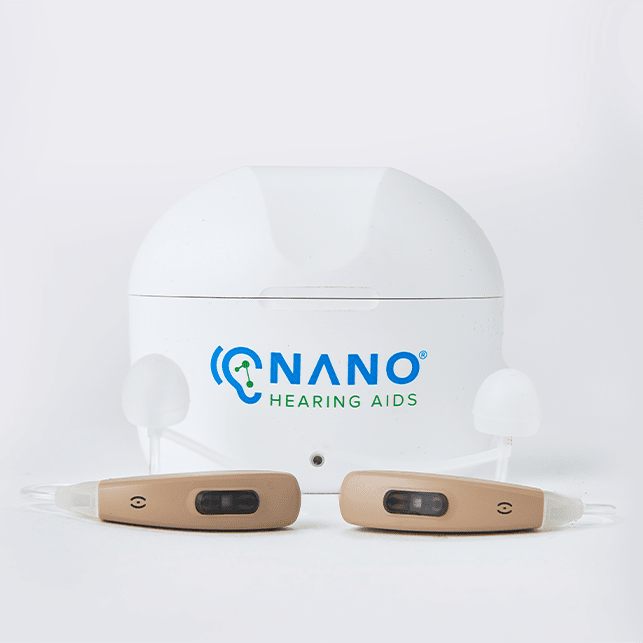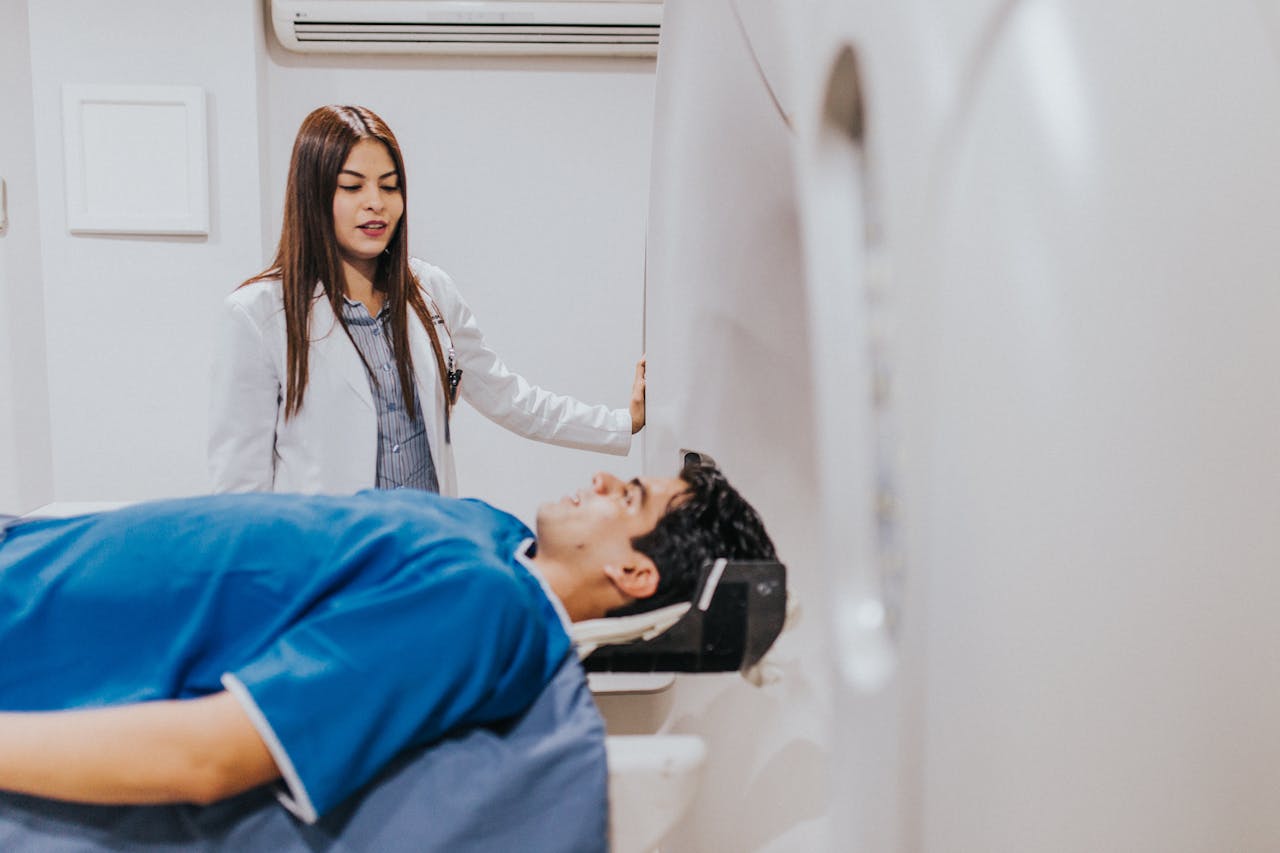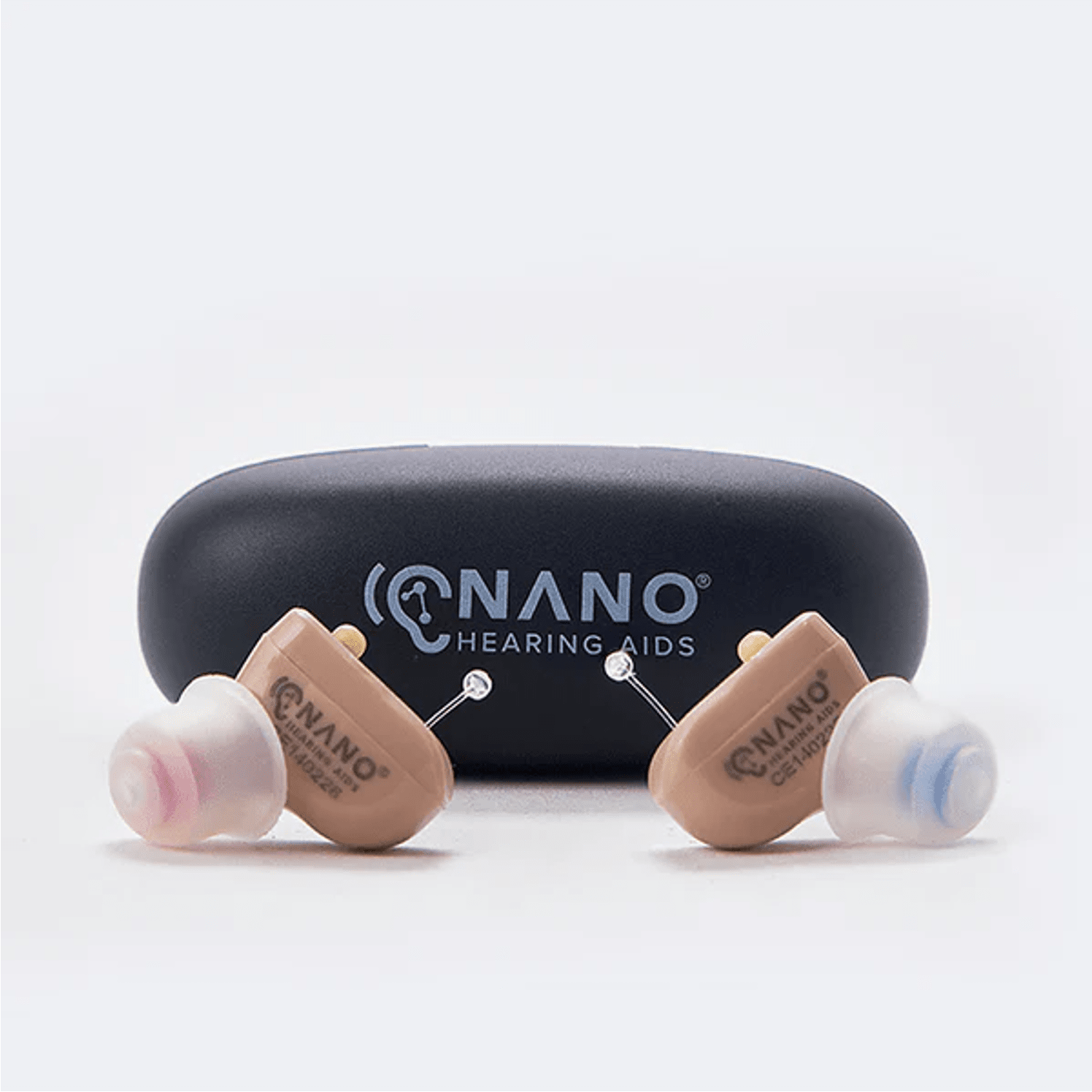Key Takeaways
- Over-the-counter (OTC) hearing aids should generally be removed before undergoing an MRI scan.
- It's crucial to inform the MRI technician if you have hearing aids, even if they're not currently in your ears.
- Some hearing aids are labeled as 'MRI-safe,' but you must follow specific instructions to ensure safety.
- After an MRI, always inspect your hearing aids for any damage or changes in functionality.
- If you cannot remove your hearing aids, communicate with your healthcare provider for alternative imaging options.
Can I Wear OTC Hearing Aids While Having MRI Scans?
When you're gearing up for an MRI scan, there's a lot to think about. If you're someone who uses hearing aids, you might wonder if you can keep them in during the scan. The short answer is no, but let's find out why. Magnetic Resonance Imaging, or MRI, uses powerful magnets to peek inside your body. Because these magnets are super strong, anything metal can become a dangerous projectile. Hearing aids have metal parts inside them that can interfere with the scan and potentially cause harm.
NANO Hearing Aids are FDA-registered, Class I devices. Our OTC hearing aids are designed for individuals over 18 years of age with perceived mild to moderate hearing impairment. With prices starting at just $297, they offer a viable solution for those looking to improve their hearing without breaking the bank.
Dos and Don'ts for Wearing OTC Hearing Aids During an MRI
Dos
- Inform the MRI staff that you use hearing aids, even if you've already taken them out.
- Remove your hearing aids before entering the MRI room, unless they're specifically labeled as MRI-safe.
- Store them in a safe place provided by the MRI center.
Don'ts
- Don't assume your hearing aids are MRI-safe without checking the manufacturer's guidelines.
- Don't wear your hearing aids into the MRI suite unless you have clear instructions that it's safe to do so.
- Don't leave them in your locker or with your other belongings where they could get lost or stolen.
OTC Hearing Aid Best Practices While Having MRI Scans
Some hearing aids are labeled as ‘MRI-safe,’ but always check the manufacturer’s guidelines.
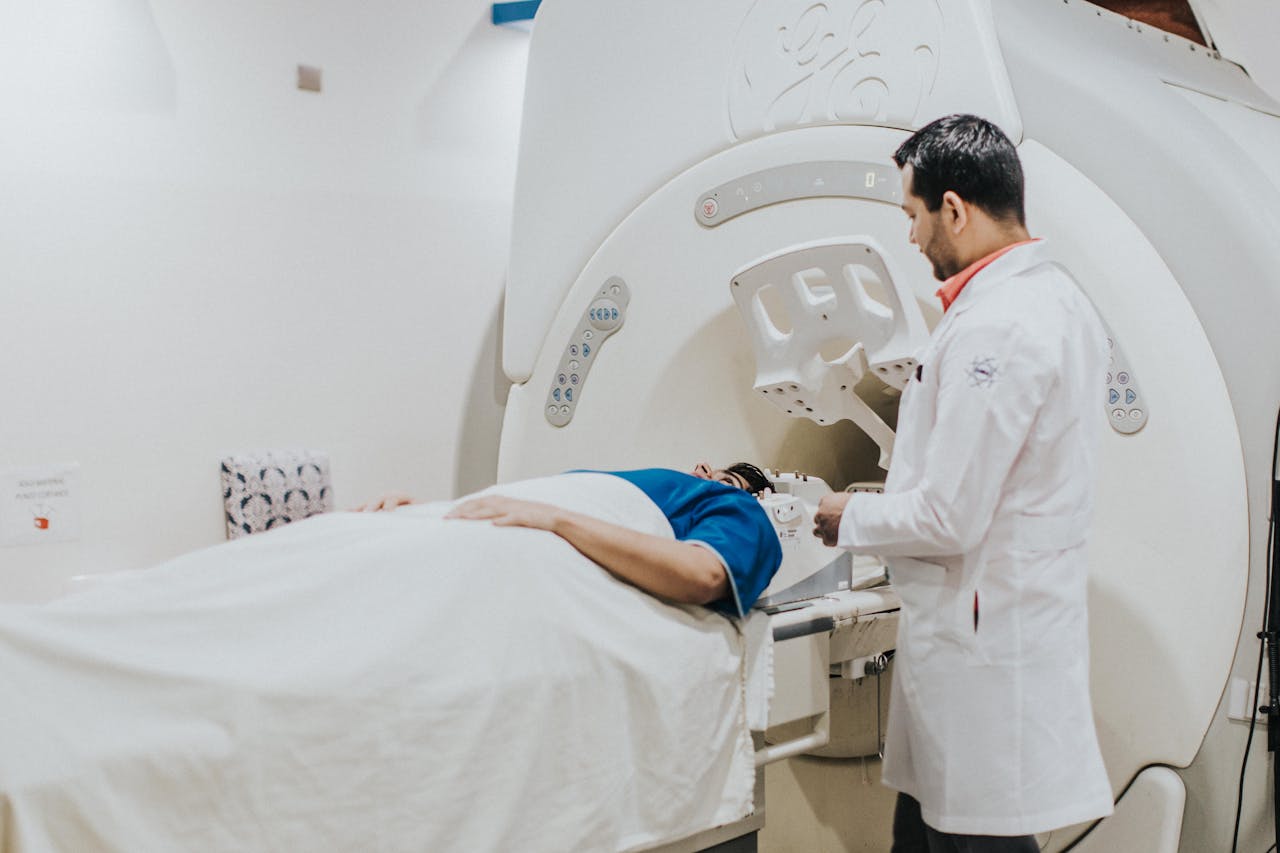
Pre-Scan: Preparing Your OTC Hearing Aids for an MRI
Before you even step foot in the hospital, make sure you know where your hearing aids are and have a case to store them in. When you arrive, tell the staff that you have hearing aids. They'll likely have a special container for you to put them in.
During the Scan: Steps to Ensure Safety and Comfort
When you're in the MRI machine, it's crucial to remain still to get clear images. Without your hearing aids, you might feel a bit disconnected, but the MRI staff are trained to keep you comfortable. They can provide headphones or earplugs to protect your ears from the loud noises the machine makes. And remember, there's usually a way to communicate with the technician during the scan, such as a buzzer you can press if you need attention.
Also, if you're feeling anxious about the scan or the fact that you're not wearing your hearing aids, speak up before the scan starts. The staff can help ease your concerns and make sure you're as comfortable as possible. This might include explaining the process step-by-step or arranging a signal system to check in with you throughout the scan.
Post-Scan: Inspecting Hearing Aids After MRI Exposure
Once your scan is done, make sure your hearing aids are working correctly. If you notice anything off, reach out to your audiologist or the hearing aid manufacturer.
Your Guide to OTC Hearing Aids and MRI Procedures
Nano CIC Recharge OTC hearing aids
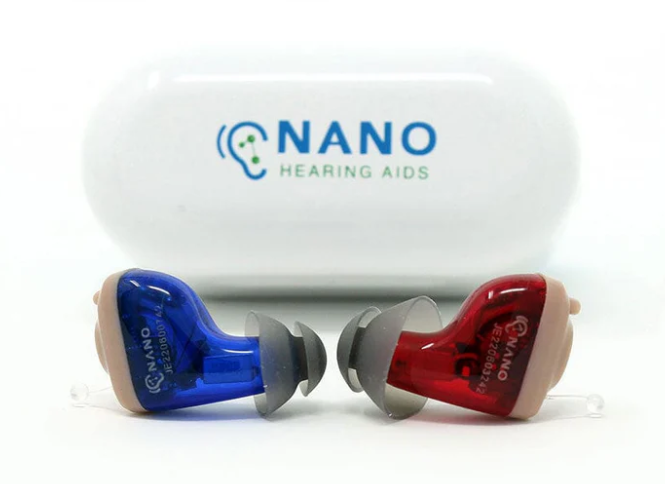
Understanding the relationship between your OTC hearing aids and MRI procedures is important for your health and safety. Always check the manufacturer's guidelines to see if your hearing aids are MRI-safe. If they are, they'll have specific instructions on what you need to do before, during, and after the scan. These might include using a special cap to hold them in place or keeping them at a certain distance from the MRI machine. If you're unsure or can't find the information, reach out to the hearing aid manufacturer or your audiologist. They can provide the most up-to-date and accurate advice for your specific model of hearing aids.
At Nano Hearing Aids, we offer affordable OTC hearing aids for adults with perceived mild to moderate hearing loss. If you’re looking for a discreet hearing aid that doesn’t cost an arm and leg but doesn’t compromise on functionality, browse our CIC and BTE models. Our most affordable completely-in-canal hearing aid, CIC Recharge, is currently available for $297. We even have certified refurbished models for additional savings! Call us at (877) 264-0394 and we can help you choose the most suitable option for your needs.
Frequently Asked Questions (FAQ)
How do I know if my OTC hearing aid is MRI-safe?
To find out if your OTC hearing aid is MRI-safe, you'll need to check the information provided by the manufacturer. This could be in the form of a user manual, a label on the device, or the manufacturer's website. If the hearing aids are MRI-safe, there will be clear instructions on how to wear them during the scan or which precautions to take. If you can't find this information or if it's not explicitly stated, it's best to assume that your hearing aids are not safe for use during an MRI scan. When in doubt, remove them before the scan to avoid any risk.
Can an MRI damage my OTC hearing aids?
Yes, an MRI can potentially damage your OTC hearing aids. The strong magnetic fields can affect the electronic components inside the hearing aids, leading to malfunctions or complete failure of the device. There is also a risk of the hearing aids being pulled out of your ears by the magnetic force, which could cause injury. That's why it's critical to remove them and store them safely before entering the MRI room.
Are there alternative imaging options if I can't remove my hearing aids for an MRI?
If you have hearing implants or other medical reasons that prevent you from removing your hearing aids for an MRI, there are alternative imaging options. These might include CT scans, ultrasounds, or other diagnostic tests that don't use magnets. Your doctor will weigh the pros and cons of each option and recommend the best one for your situation. It's important to have a thorough discussion about your hearing aids when planning any imaging procedure.

